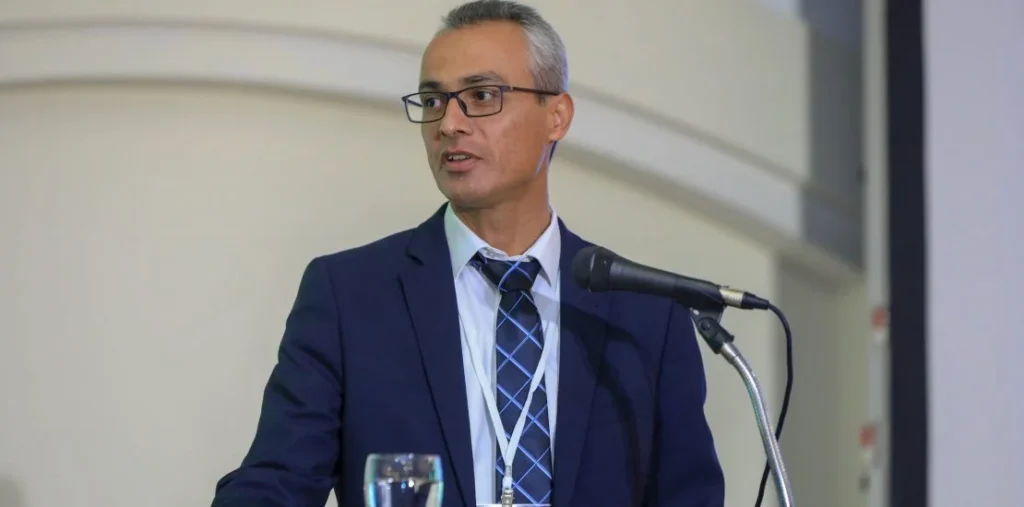Dr.. Sami Miari – Lecturer at Tel Aviv University and Oxford University and Director General of the Arab Economic Forum
It is certain that our Arab society is going through an important stage in terms of its economic development, and in recent years we have begun to notice and witness Arab towns in our countries undergoing a clear economic renaissance, such as the opening of shops and commercial establishments and the employment of Arab workers. Fears of halting this growth in light of the current crisis that has swept humanity still threatens many economic facilities in Arab society, especially commercial interests. But what makes matters worse in these difficult days is the phenomenon of the black market, which is represented in the following:
Merchants cashing post-dated checks in return for high bank interest, and this phenomenon has huge disadvantages and risks that do not stop at the political level, but rather go beyond it to the social level, where businessmen and merchants who are going through a cash liquidity crisis resort to and as a result of the banks’ refusal to grant them certain facilities, they resort to check dealers in order to Cashing checks that have not yet fallen due and liquidating them in exchange for high interest, and this interest doubles in the event that the checks are not paid on their early dates.
We also note that the higher the interest rate, the higher the violence rate, because the majority of check dealers belong to violent militias, so they burn the shops, interests, and commercial establishments of those who are unable to pay what they borrowed, or resort to legal measures. The result is a great loss to the economy in the Arab community through the closure of shops and the bankruptcy of nascent startups.
Experience has witnessed that those who follow the path of cashing post-dated checks to collect cash drown in it and are unable to withdraw from it.
Money laundering: This process takes place through the opening of fake shops to launder money from suspicious sources, such as bribes, drug trafficking, and many illegal money-raising methods and means.
On the economic side, we should not lose sight of the danger of the large size of the check dealers, because if they grow, the wealth of Arab society will become the monopoly of this group. On the social level, there are large families who are going through economic crises that push them to seek the help of merchants like these, and we have seen in many cases the disintegration of this family fabric.
Caution is caution against resorting to the likes of these merchants or seeking their help in any circumstance and case, and it is necessary to rely on official institutions and limit banking dealings to banks or personal borrowing, and not hand over the necks to these exploiters.
Such behavior is not appropriate for an Arab society that must be dominated by creative values, at the forefront of which is the issue of legitimate profit, and the issue of social solidarity is strongly present in it, so we do not turn into capitalist societies that buy and sell people in the money market, because for us people are the most important element, not money, and what The Quranic theory of money has disappeared as a means of subsistence and not an end in which a person can give up all his values, morals, and the legislation of his religion for the sake of money, which alone cannot achieve happiness for anyone.

